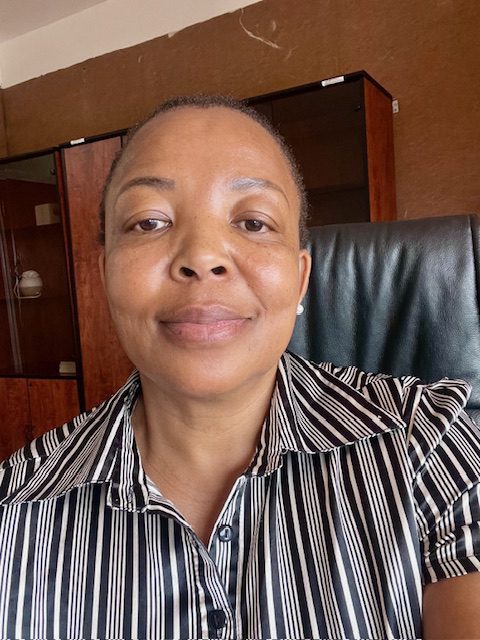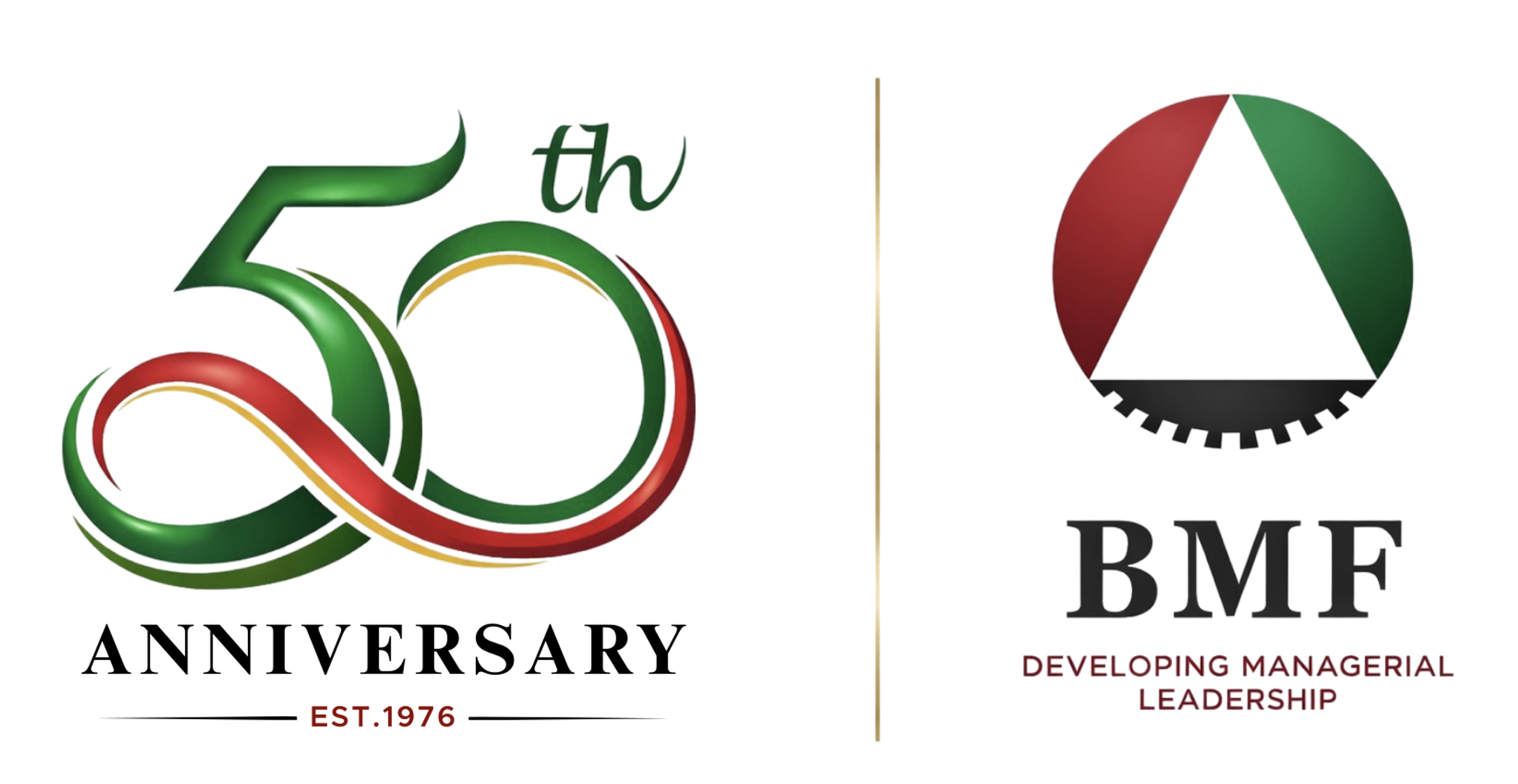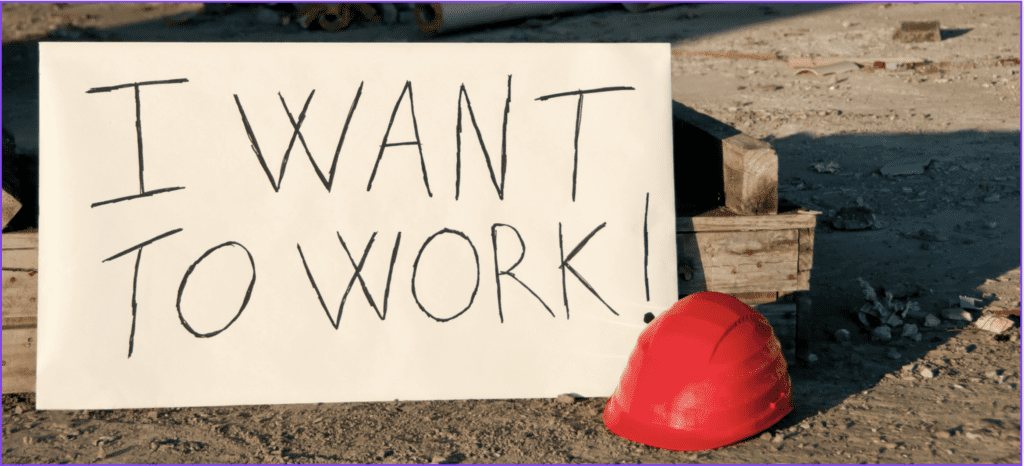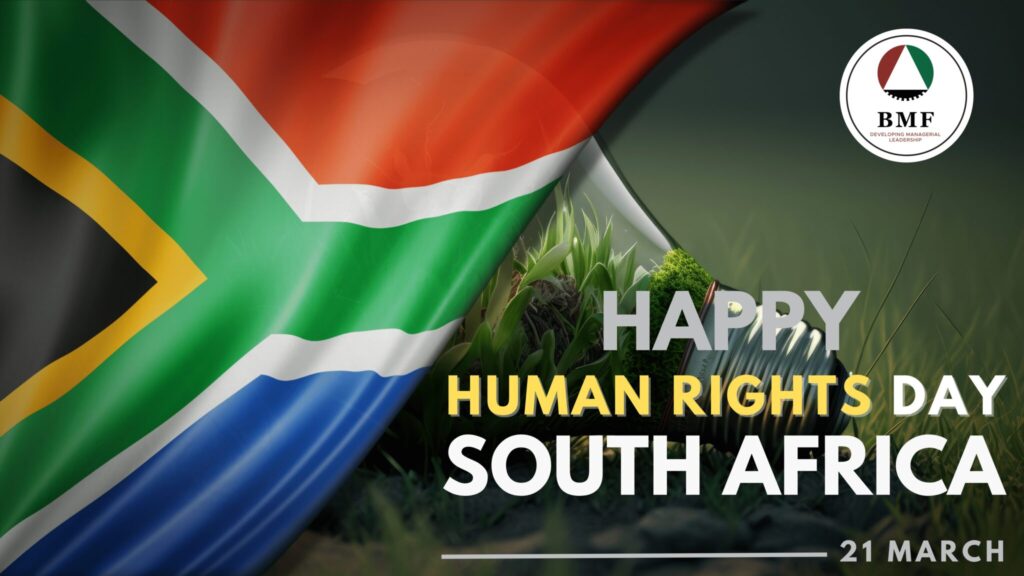The Diversity, Equity, and Inclusion Debate: Bridging the Equity Divide in the Workplace

The importance of achieving equitable representation in a workplace/ work force is crucial not only to enhance creativity , innovation and productivity but also is vital for economic growth , social justice and societal transformation. Diversity and Inclusion are crucial components of modern organisation as they speak a management of a range of diverse human differences viz: race , gender , physical abilities , ethnicity , sexual orientation etc. Through diversity talent can be attracted and retained by having individuals with unique perspectives , varied backgrounds and experiences. Through inclusion an environment is created for all these individuals to feel welcomed , supported and valued. Diversity and Inclusion go a long way in ensuring social equity and social justice. Employment Equity seeks to address systemic inequalities that have marginalised certain groups based on race , gender disability or other characteristics.
Albeit its varied historical context , South Africa like other Countries globally , finds itself in the global space of grappling with the challenges brought about by the rise of Diversity and Inclusion as core Values in Corporate Governance. The efforts of South Africa to ensure equity , diversity and inclusion finds expression in most of its employment Legislative Frame Work in particular the Employment Equity Act of 1998 as it aims promote fair treatment and equal opportunities in the workplace in order to ensure social cohesion , inclusion and economic growth
Since the enactment of the aforementioned piece of Legislation commendable progress have been registered in bridging equity as outlined in the RSA Constitution. In its recent report , the Commission for Employment Equity (2023/2024 Annual Report) indicates a consistent progress and increase in representation of the designated groups and occupational levels. Despite this commendable progress much still need to be done as most of the designated groups still fall below their EAP. According to the report , Females represents 25% as opposed to 74% of males in Senior Management in Private Sector while Government registered 64% males and 35% females. We see Private Sector having a representation of 64% whites and 14% Blacks , Indian at 12% , and Coloureds at 5,9%. Representation in the disability group is at a concerning 1.8 % in Private Sector and a low 1,5% in Government. The skills levels are equally reported to be at concerning levels.
There is however a ray of hope for improvement in the advent of the recent amendments to the Employment Equity Act as the companies are now obliged to conduct a thorough analysis of workforce demographics and to identify company shortfalls on equity through refocused strategic plans that addresses and monitor issues of equity , diversity and inclusion. The amendments emphasises compliance and accountability through the penalties imposed on Equity Compliance Certificates and the removal of the size of the company as a barometer. These together with the implementation and the audits of fair recruitment processes and implementation of inclusive re-skilling and upskilling practices based on diversity and inclusion strategies and policies will go a long way in ensuring a desired goal of driving transformation through equity , diversity and inclusion.
The benefits of equity , diversity and inclusion on social cohesion and economic growth cannot be over emphasised. Government must be more intentional about putting in place mediated measures to foster equity, diversity and Inclusion and to eradicate systemic biases and resistance to change within organisational cultures. Corporate Governance Culture and footprint that goes beyond quota transformation to a culture that natures values and sustained Inclusivity is imperative.

About the Author
Tumi Moshotle, a High Court advocate, holds an LLM in Corporate Law and a Master’s in Political Transformation and Governance. With extensive experience in public sector legal advisory services and expertise in education labour law, Tumi currently serves as Senior Manager of Ethics, Anti-Fraud, and Security Management. She is also the PRC Workstream 4 Coordinator at the Black Management Forum, where she drives initiatives that promote ethical governance and transformational leadership.






Responses